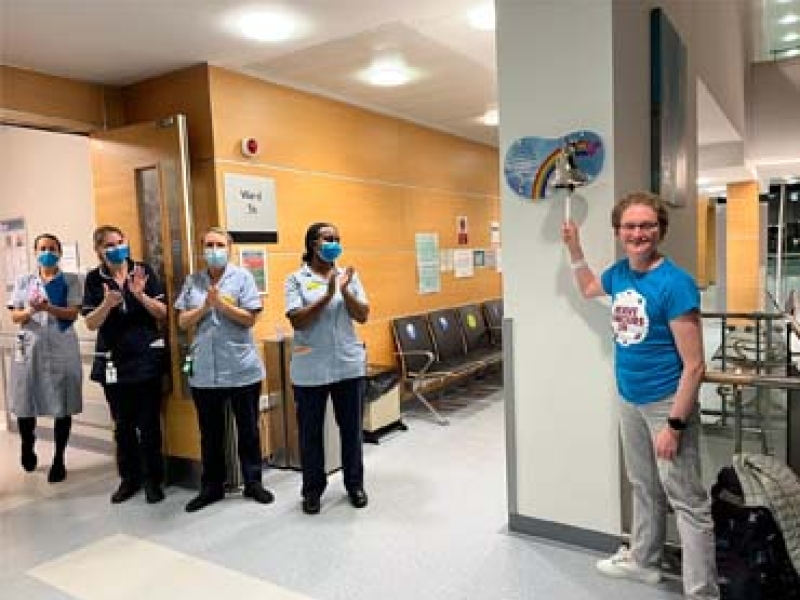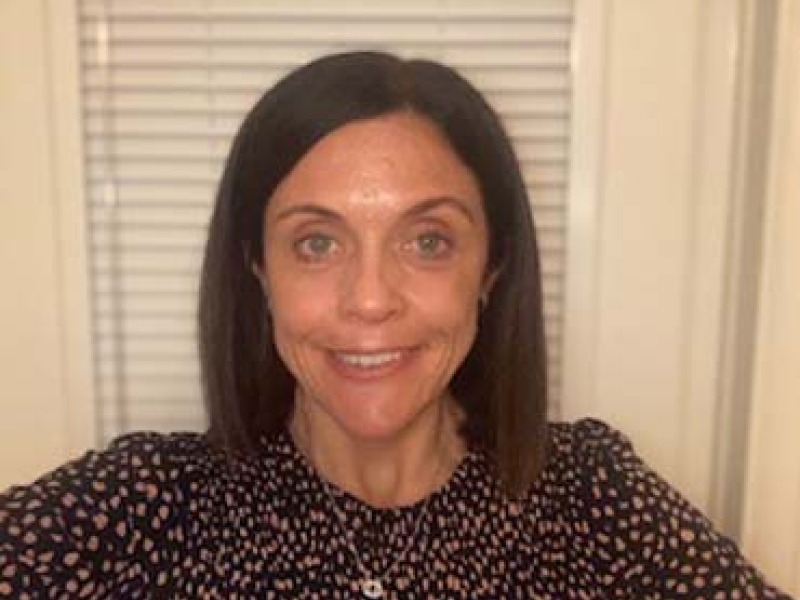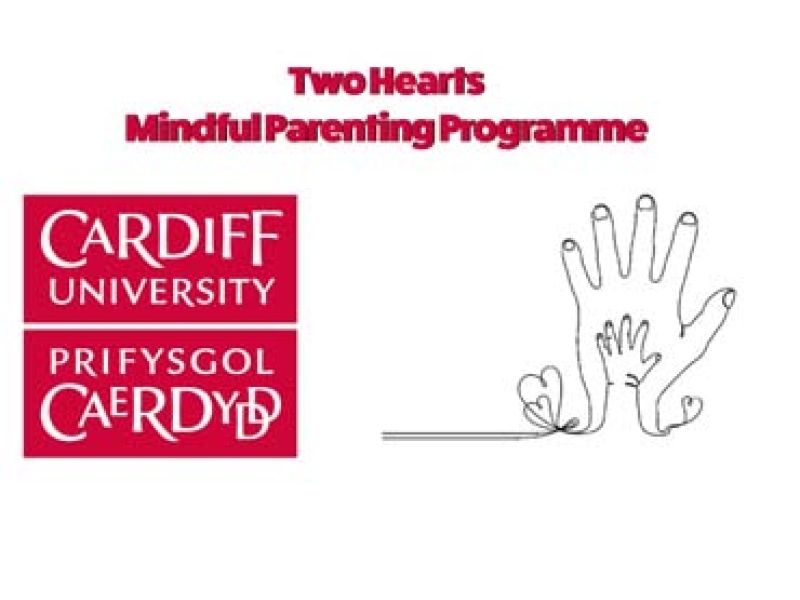Jane Frances
19 November 2019
Jane Frances
Jane Frances is a psychotherapist and was for many years Schools Specialist and Policy Advisor in Education at Changing Faces, UK. She is an expert in the psychology of visible difference.
She tells us of how findings from psychological research can help parents and teachers of children with Neurofibromatosis to better support them.
“I have worked with a lot of children with many conditions including NF, and I’ve found that the responses by other people to visible difference is pretty standard across conditions. The advice I give is based on research. ‘Common sense’, however well-intentioned, can lead to counterproductive interventions.
For example, if a child is staring at a child with a visible difference, the ‘natural’ reaction of the teacher is to say, ‘you mustn’t stare’. The result is that children learn to turn away, and the child with the difference feels even more isolated.
A better response is for the teacher to tell the staring child, ‘if you find yourself staring, smile and say ‘Hello, my name is Jane. What’s your name?’’
It is even more important that parents or the teacher coach the child who has NF to handle other children’s curiosity. The best strategy is for the child with NF to have something to say, like: ‘Don’t mind my lumps and bumps. I’ve got NF. Have you got something interesting about you?’ It is always good to round off with a question and engage – curiosity is the beginning of a relationship.
If the child is shy and nervous, the teacher might need to say, ‘Oh you’ve noticed Timothy’s unusual face. Well that’s the way Timothy’s face is, and did you know Timothy has a pet cat?’
We know from countless studies that it is harder for a child who looks unusual to make and keep friends. This is caused not by an aversion to the unusual face, but by an aversion to the stigma. The key, therefore, is to reduce or eliminate the stigma. The conversational strategies above will help. A curious stare is a door to a conversation and possible relationship.
Teachers’ expectations are also key: they need to hold in their heart really positive hopes for this child’s future. Many studies confirm the ‘Pygmalion Effect’: that lower expectations lead to lower results. Teachers aren’t doing children a favour by going easy on them. The child needs tough, high expectations.
These are just a few tips. You can get more information and resources for tackling issues of face equality and the impact of appearance at changingfaces.org.uk.”
– Jane Frances"The best strategy is for the child with NF to have something to say, like: ‘Don’t mind my lumps and bumps. I’ve got NF. Have you got something interesting about you? "
Filter News

Union Chapel London Comedy night
Check out these superb photos from our final comedy night of the year
Read More
Joanna’s story
Joanna highlights the importance of women with NF1 receiving mammograms, and being able to train for the 2023 London Marathon
Read More
Mobile Device Usage by Young Children with Special Educational Needs (SEN) or Disabilities in Their Home
Research: exploring current use of mobile devices in the home - parents' perspectives & experiences
Read More
NF2 and Radiotherapy
Research: Studying the risk of serious side effects of radiotherapy in people with NF2
Read More
Sally’s NF1 story
Sally tells a story that will resonate - devastation at diagnosis, gratitude for incredible support & making the most of life
Read More
National NF2 Meeting
A report from the annual National NF2 meeting, with NTUK in attendance
Read More_370x280_800_600_s_c1.jpg)
NF International and National meetings in Manchester
NTUK reports back from the NF Patients Community Day and the 20th European Neurofibromatosis Meeting in Manchester
Read More
Mindful Parenting Study
Research study: Mindful Parenting Programme for parents or carers of children aged 4-16 living with a visible difference
Read More
Adam Buxton and some colleagues - NTUK Comedy Night
Join us at the Union Chapel, London on Thursday 24th November for the latest comedy night to celebrate 40 years of NTUK
Read More

